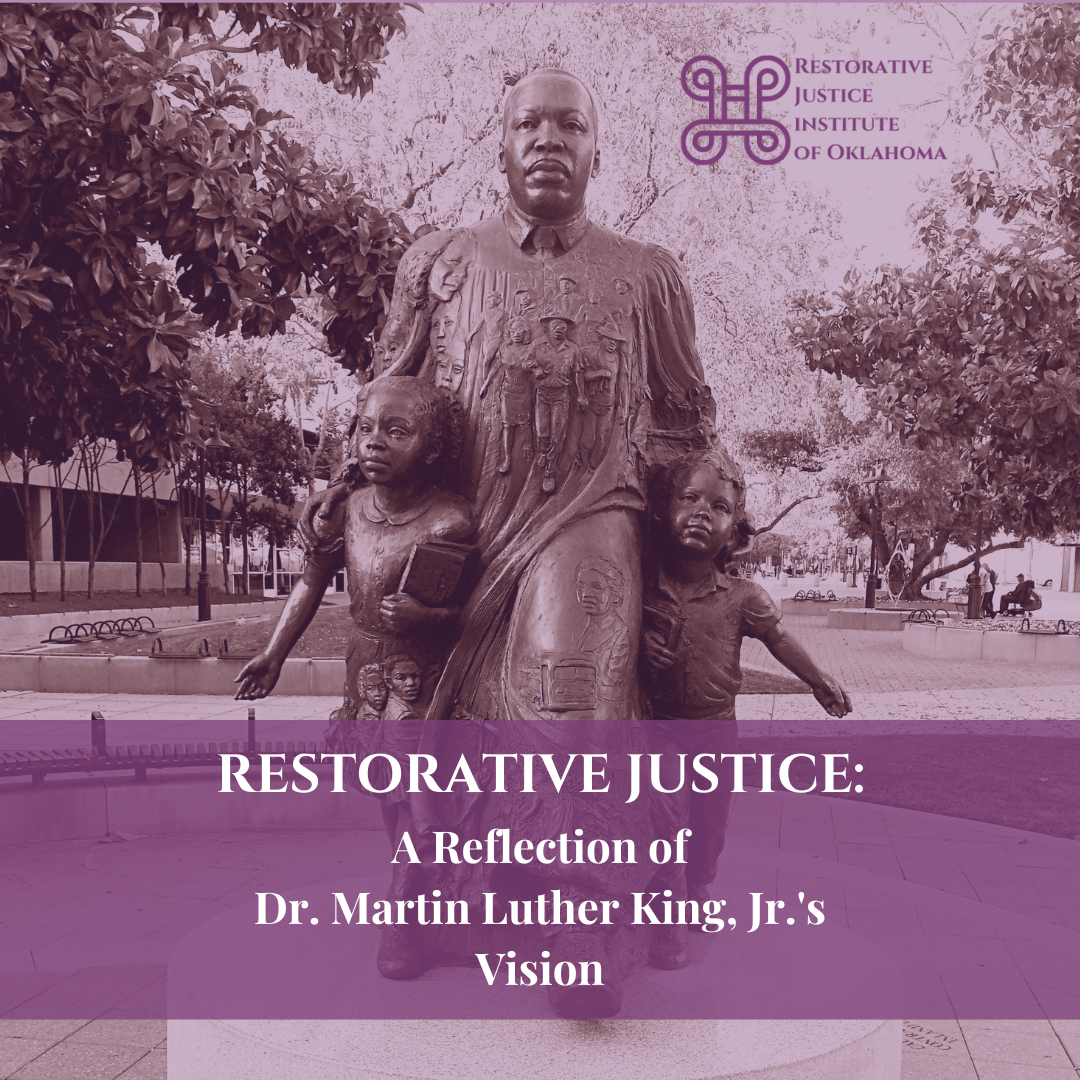Restorative justice is a concept deeply rooted in the transformative power of empathy, forgiveness, and reconciliation. It emphasizes healing instead of punishment and aims to restore the dignity of both those who have been harmed and those who have transferred harm, fostering a sense of community and social harmony. Dr. Martin Luther King Jr. envisioned a society built on these principles. By exploring these fundamental tenets of restorative justice, we can uncover the connections that exist between King’s dream and the pursuit of a just and compassionate society.
The foundation of restorative justice is empathy. Dr. King believed in the connection between all individuals, regardless of race, creed, or background. He stressed the importance of understanding the experiences of others. Similarly, restorative justice recognizes the power of empathy as a catalyst for healing and meaningful reconciliation. By placing ourselves in the shoes of others, we gain a deeper understanding of the harms caused and the potential for growth and redemption. Restorative justice encourages us to overcome our biases and prejudices, fostering a compassionate and inclusive society.
Dr. King preached the transformative power of forgiveness as a means to break the cycle of hatred and violence. He advocated for the belief that even individuals who have caused harm have the potential for redemption. Restorative justice aligns with this perspective by offering a framework that allows those who have transferred harm to take responsibility for their actions, make amends, and reintegrate into society. By emphasizing the importance of forgiveness and redemption, restorative justice promotes healing for everyone, leading to a more cohesive and empathetic community.
Restorative justice aims to repair the damaged relationships between all people, those who have transferred harm, those who have experienced harm, and the wider community. Dr. King envisioned a society where people could live harmoniously, regardless of their differences. Restorative justice provides the opportunity for dialogue, where community members can approach their conflicts with mutual respect and understanding. By involving the community as a whole and facilitating meaningful communication, restorative justice seeks to repair the social fabric that has been torn by harm. This process enables the building of stronger communities that are rooted in trust, respect, and empathy.
Dr. King tirelessly fought against institutionalized racism and systemic inequalities, highlighting the need for structural transformation. Restorative justice echoes this call for change by challenging the traditional punitive justice system. It recognizes that crime often stems from broader societal issues such as poverty, inequality, and lack of access to education or opportunities. By addressing these root causes, restorative justice aims to break the cycle of crime and prevent future harm. It ensures that the focus shifts from a narrow view of punishment towards a holistic approach that fosters individual growth and community well-being.
Restorative justice embodies the core principles championed by Martin Luther King Jr., such as empathy, forgiveness, reconciliation, and community building. By embracing this model, we honor and carry forward his legacy into the future. Restorative justice offers an alternative to the prevailing punitive system, by promoting healing, compassion, and social transformation. Just as Dr. King envisioned a society free from hatred and discrimination, restorative justice provides us with a path towards a just and equitable future, where empathy and forgiveness prevail, and all individuals are treated with dignity and respect. We can all contribute to Dr. King’s lasting legacy by championing these principles in our daily lives.
RJIOK provides training on how to see ourselves and others in restorative ways. Contact us to find out how you can join us on this journey.

